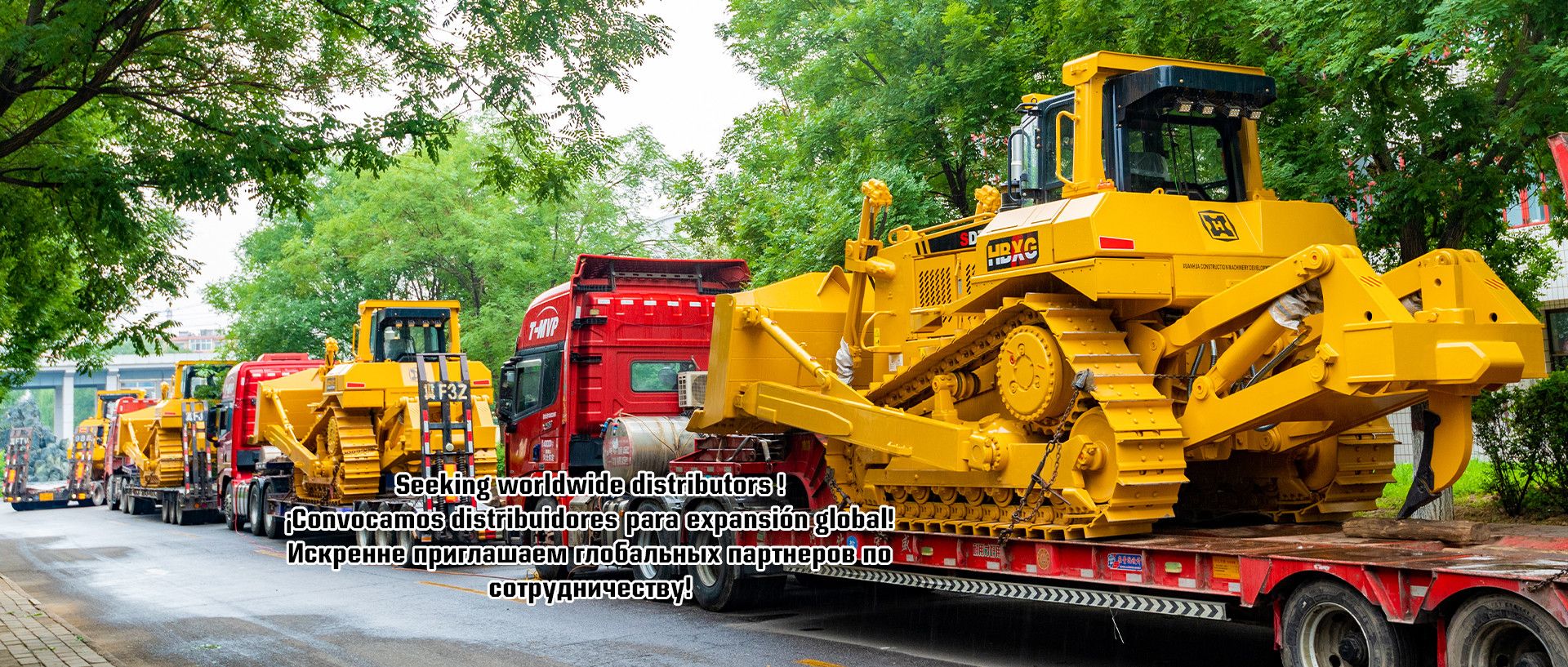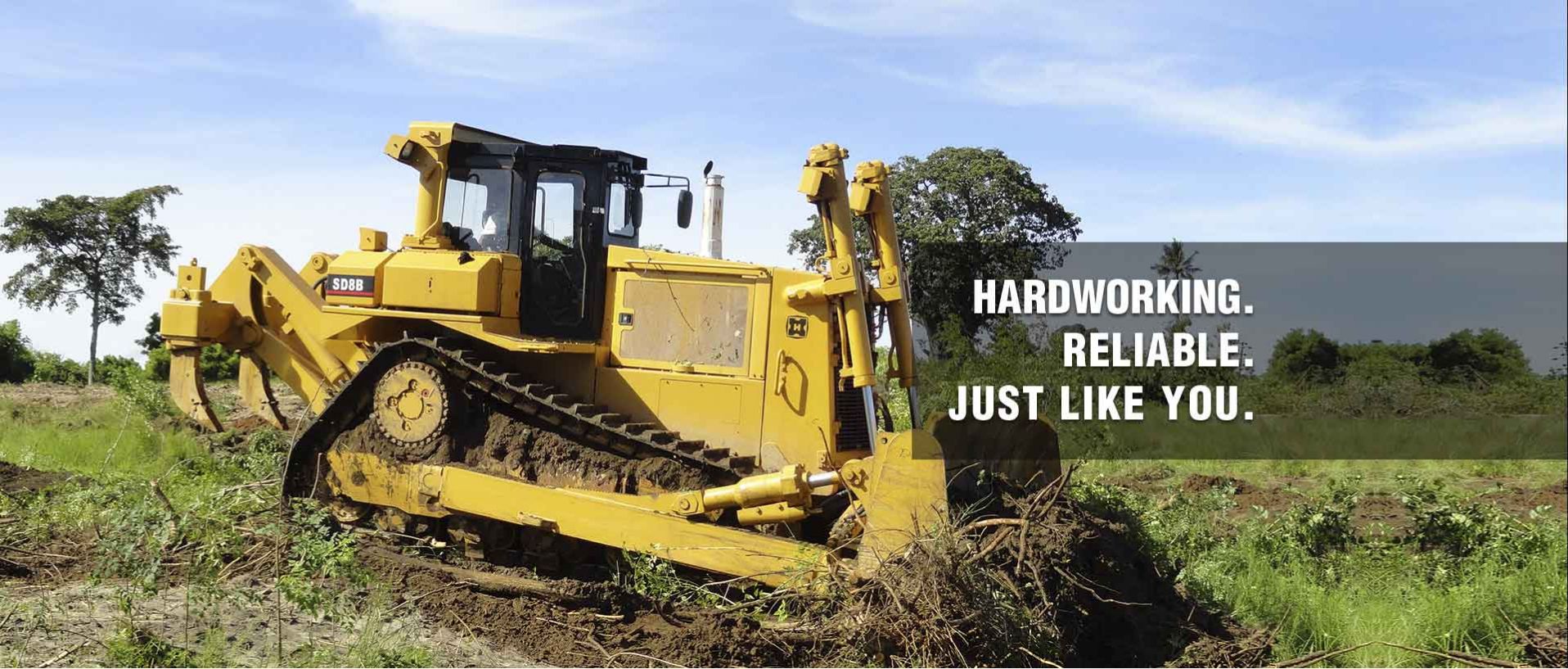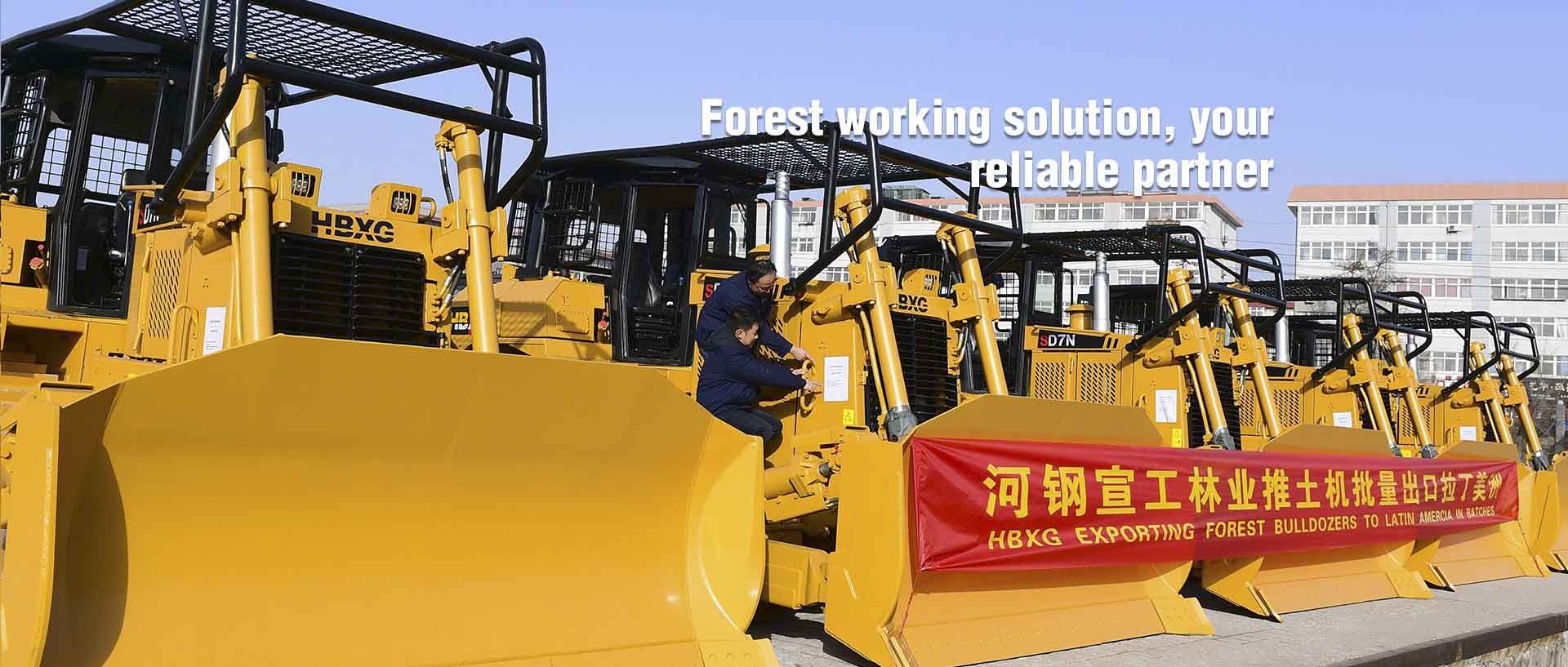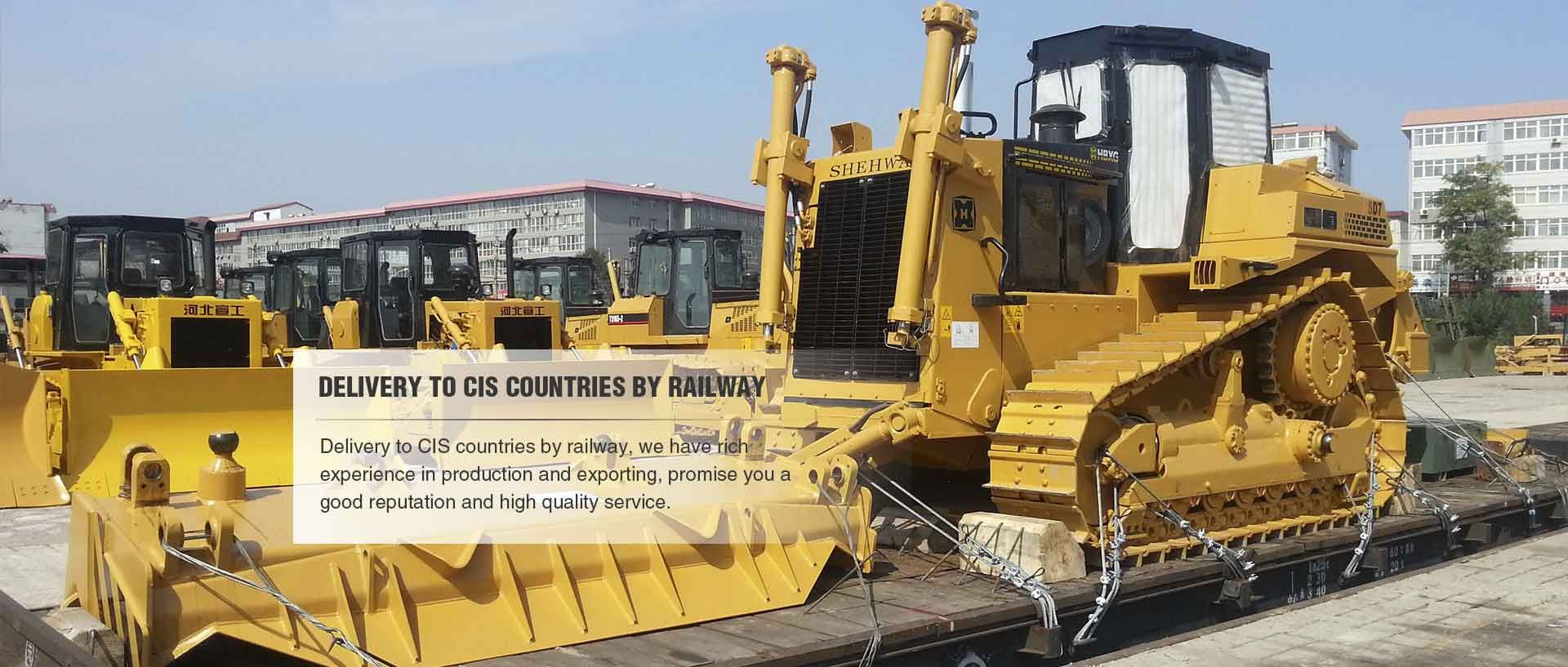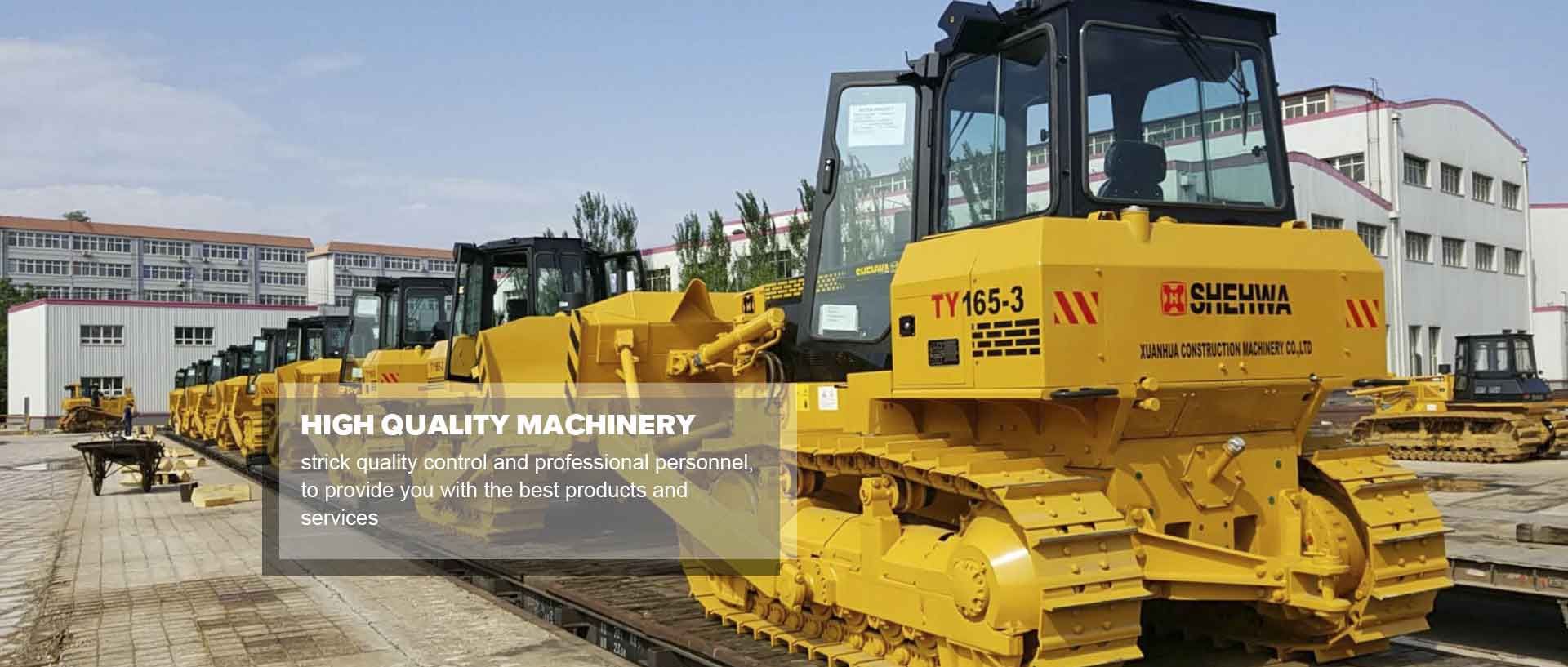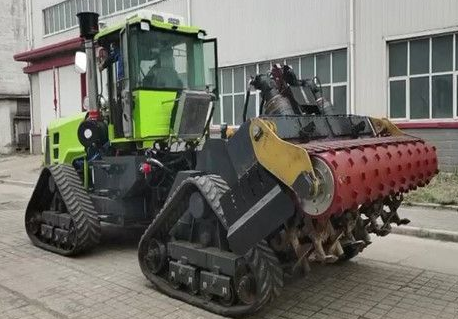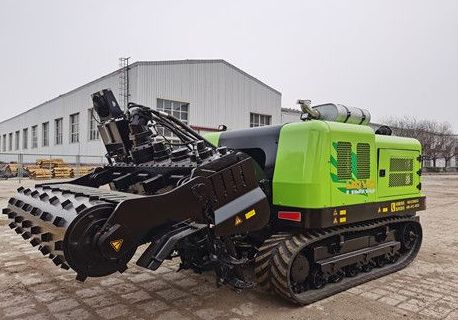Why Would You Use a Cultivator?
 Sep. 09, 2023
Sep. 09, 2023
When it comes to tending to your garden or agricultural plot, achieving optimal soil conditions is paramount. One tool that often proves invaluable in this endeavor is the cultivator. But why would you use a cultivator, and what benefits does it bring to your gardening or farming practices? In this comprehensive guide, we'll explore the compelling reasons to incorporate a cultivator into your soil preparation and maintenance routine.
Enhanced Soil Aeration
A cultivator plays a crucial role in improving soil aeration. By breaking up compacted soil and creating air channels, it allows oxygen to reach plant roots more effectively. Enhanced soil aeration promotes healthier root development, leading to more robust and productive plants.
Weed Control and Management
Weeds can quickly overrun your garden, competing with desirable plants for nutrients and sunlight. Cultivators are adept at uprooting and cutting through weeds, helping you maintain a weed-free garden bed. This reduces the need for chemical herbicides and manual weeding, saving you time and effort.
Efficient Soil Mixing
When it's time to incorporate soil amendments, such as compost, organic matter, or fertilizers, a cultivator proves invaluable. Its rotating tines or blades thoroughly mix these additives into the soil, ensuring even distribution and improved soil fertility. This, in turn, enhances plant growth and yields.
Preparation of Seedbeds
Whether you're planting flowers, vegetables, or crops, creating a well-prepared seedbed is essential for successful germination and growth. Cultivators are excellent tools for breaking and smoothing the soil surface, making it ready for sowing seeds. This ensures optimal seed-to-soil contact and a higher germination rate.
Time and Labor Savings
Using a cultivator can significantly reduce the time and physical effort required for soil preparation and maintenance. Compared to manual digging and weeding, a cultivator can cover larger areas quickly, making it a valuable time-saving tool, especially for larger gardens or fields.
Reduction in Soil Erosion
Soil erosion can be a significant concern, especially in sloped or hilly areas. Cultivators help mitigate erosion by breaking the soil's surface tension and creating a crumbly texture that is less prone to runoff. This contributes to soil conservation and protects against nutrient loss.
Improved Water Infiltration
A well-cultivated soil has better water infiltration properties. The increased pore spaces created by the cultivator's action allow water to penetrate deeper into the soil. This helps prevent waterlogging, ensures proper hydration of plant roots, and reduces the risk of root rot.
Addressing Common Questions About Cultivators
Here are answers to some common questions people have about cultivators:
Q1: Are cultivators suitable for all types of soil?
A1: Cultivators are versatile tools, but their effectiveness may vary depending on soil type. They work well in loamy and sandy soils but may encounter challenges in extremely rocky or compacted clay soils.
Q2: How deep can cultivators work?
A2: The depth to which cultivators can work depends on the specific model and adjustments. Generally, they can cultivate soil at depths ranging from 3 to 8 inches, making them suitable for various applications.
Q3: Are there different types of cultivators?
A3: Yes, there are different types of cultivators, including hand-held cultivators for small gardens and tractor-mounted cultivators for larger agricultural plots. The choice depends on the scale of your gardening or farming needs.
By incorporating a cultivator into your gardening or farming practices, you can enjoy these benefits and more. Whether you're a seasoned gardener or a novice, a cultivator can be a valuable tool for achieving healthier plants, higher yields, and more efficient soil management.
Remember to choose a cultivator that aligns with your specific needs and the scale of your gardening or farming operation. With the right cultivator in hand, you'll be well-equipped to nurture a flourishing and productive garden or field.















